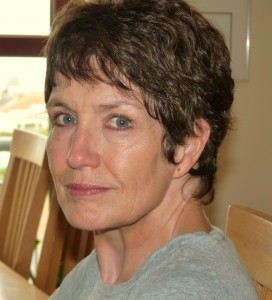 There are challenges for researchers in the variety of definitions used in research into online child exploitation and abuse, how they are operationalised, and how they are measured, which makes comparison between studies difficult. The research is dominated by surveys, many of which have been developed with little regard to their content validity or their psychometric properties. There are, however, good examples of survey methodology, as evidenced in the Juvenile Victimisation Questionnaire (JVQ). Surveys are also reliant on self-report, which may be influenced by recall issues, respondent bias and subjective interpretation of questionnaire items.
There are challenges for researchers in the variety of definitions used in research into online child exploitation and abuse, how they are operationalised, and how they are measured, which makes comparison between studies difficult. The research is dominated by surveys, many of which have been developed with little regard to their content validity or their psychometric properties. There are, however, good examples of survey methodology, as evidenced in the Juvenile Victimisation Questionnaire (JVQ). Surveys are also reliant on self-report, which may be influenced by recall issues, respondent bias and subjective interpretation of questionnaire items.
This guide explores some of these methodological issues and how researchers have responded to them. It also considers the central assumption that online sexual abuse and exploitation causes harm. Many of the studies reviewed are cohort studies that sample their population at a single time point; however, this guide identifies more recent, longitudinal studies that go beyond establishing a relationship between online exploitation and abuse and psychosocial well-being to look at what might predict change. The majority of the studies identified were from high-income countries. While there has been research in low-middle-income countries, these have relied on convenience sampling and small sample sizes, with an over-reliance on descriptive case studies. The Guide concludes with identifying good practice and providing some easily accessible resources to facilitate the development of robust research.
The guide also includes: a checklist with key questions to consider when planning research on online child sexual exploitation and abuse, a number of relevant case study examples, and a list of key resources.
All resources developed by Global Kids Online, including this report, are available under a Creative Commons licence (CC BY-NC) and can be used only for non-commercial purposes and with attribution.
The preferred citation for this report is:
Quayle, Ethel (2016). Method guide 7: Researching online child sexual exploitation and abuse: Are there links between online and offline vulnerabilities? London: Global Kids Online. Available at www.globalkidsonline.net/sexual-exploitation








